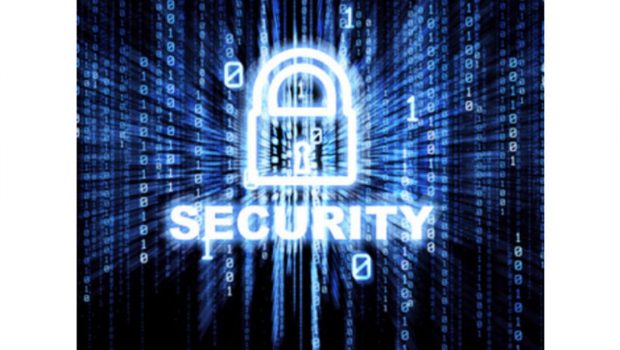3 Cybersecurity Trends CPAs Must Address This Tax Season
By Isaac Kohen.
As tax professionals brace themselves for a busy tax season complicated by an ongoing pandemic, novel tax credits, and shifting workplace arrangements, they must also take action to defend against a cadre of new cyber threats.
Threat actors increasingly target accounting and tax firms. According to one analysis, reported data breaches at CPA firms have increased by 80 percent since 2014 as threat actors look to steal customer data, extract financial payments, or wreak havoc. The costs and consequences have similarly soared. Data breaches can cost millions in recovery and reputation damage.
That’s why tax professionals need to account for shifting cybersecurity risks before a frenzied tax season captures their time and attention. Here are three cybersecurity trends that CPAs and accounting firms must address this tax season.
#1 Phishing Scams Put a Data Disaster a Click Away
Phishing scams, malicious messages sent through email, SMS, or other digital platforms, put a data disaster just a click away. These attacks, which exploit people’s ignorance, uncertainty, and familiarity, can provide threat actors with front-door access to company networks and customer data.
It’s estimated that three billion phishing emails are sent each day, while phishing messages sent through SMS, frequently called “Smishing” attacks, increased 700 percent in just six months. According to Cisco’s most recent three trends report, 86 percent of organizations report having at least one employee who clicked on a phishing message.
Fortunately, training works. CPA and accounting firms need to invest in comprehensive phishing scam awareness training, ensuring that their teams are prepared to identify and defend against phishing scams this tax season.
#2 Accidental and Malicious Insiders Put Data at Risk
While organizations frequently direct their cybersecurity budgets to target external threats, company insiders put data and network integrity at risk without recourse. Insider threats, including employees who accidentally misuse sensitive information and those who maliciously compromise critical data, pose a significant threat to data privacy and cybersecurity.
For example, 85 percent of data breaches involve a human element, and human error plays a signifincant role in a company’s cybersecurity capacity.
To combat insider threats, CPA and accounting firms can teach and enforce cybersecurity best practices, including data management standards, personal and professional device distinctions, and digital hygiene fundamentals.
Of course, some insiders will compromise company or customer data on purpose. Often motivated by money, these malicious insiders use their privileged network access to steal and distribute sensitive information for profit.
Employee monitoring and data loss prevention software can help detect and deter these threat actors, empowering accounting firms to prevent bad actors and secure company data from the threats lurking within the organization.
#3 Ransomware is an Untimely Menace
2021 set a record for ransomware attacks, impacting healthcare institutions, small businesses, and government agencies with frightening rapidity. These attacks, which rely on compromised login credentials, software vulnerabilities, or malicious insiders to access company networks and encrypt critical files, can have enormous financial repercussions.
The average ransomware payment rose from $7,000 in 2018 to more than $200,000 by 2020, an unfathomable increase that should keep every organization alert and ready to respond. Meanwhile, new developments, like ransomware-as-a-service operations only heightened the concern.
Looking to maximize their victims’ liability, ransomware groups frequently target organizations during peak productivity cycles. For CPA and accounting firms, this means they should be prepared for threat actors to attack their operations during tax season.
Even simple cybersecurity protocols, like regularly updating passwords and requiring two-factor authentication, can thwart threat actors. This tax season, getting the basics right can make all the difference.
Account for Cybersecurity in 2022
This is bound to be a uniquely challenging tax season even without the unique obstacles posed by a shifting cybersecurity landscape. While the threat is significant, CPAs and accountants can act not to strengthen their people, processes, and procedures to ensure that cybersecurity doesn’t become an impediment to an incredible customer experience this tax season.
=========
Isaac Kohen is VP of R&D at Teramind, a leading global provider of employee monitoring, data loss prevention (“DLP”) and workplace productivity solutions. Isaac is a published thought leader and recently authored the e-book “Measuring Employee Productivity In Today’s Workforce”. Follow on Twitter: @teramindco and LinkedIn.








Gloss